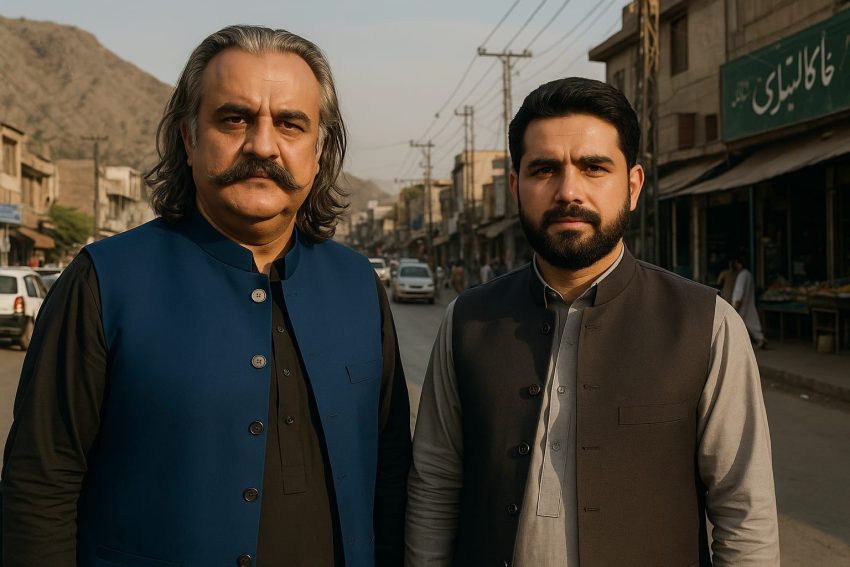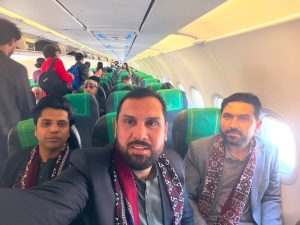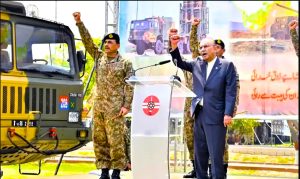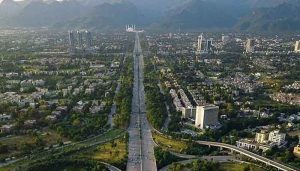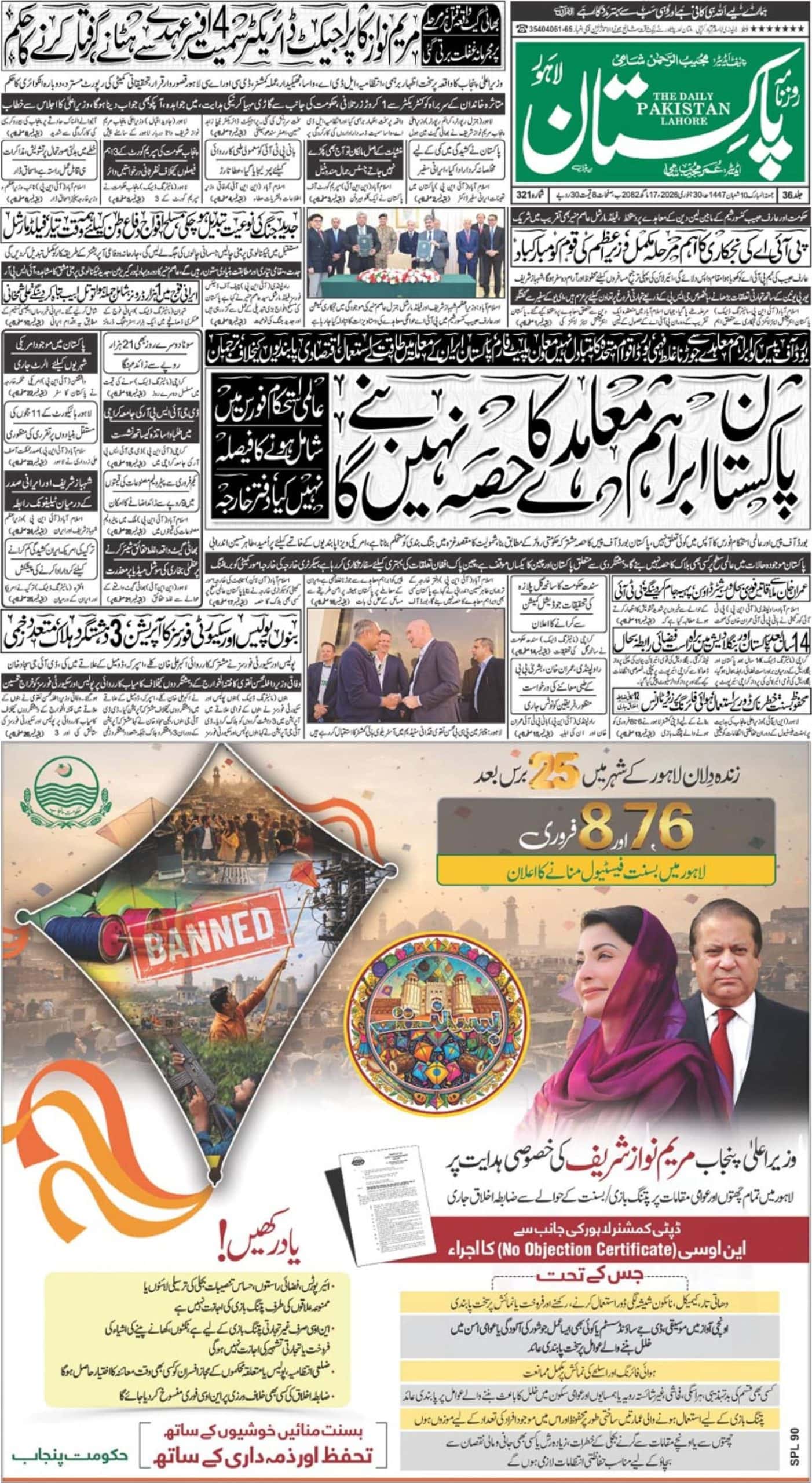There are moments in politics when silence becomes complicity. The appointment of Sohail Afridi as Khyber Pakhtunkhwa’s new chief minister, following the resignation of Ali Amin Gandapur, feels like one of those moments. For a province that has endured decades of militancy, instability, and external interference, the idea of elevating a man facing serious allegations is not just questionable — it’s dangerous.
Let’s start with the obvious. Ali Amin Gandapur was no saint of governance, but at least his flaws were political, not existential. His resignation reportedly followed the collapse of Imran Khan’s confidence in him. According to Muneeb Farooq, Khan expected Gandapur to take an uncompromising stand against the federal government, the establishment, and even the ongoing military operations in KP. Gandapur, despite his bluster, didn’t — and that was his undoing.
But what followed is even more alarming. Instead of learning from this leadership failure, the party appears to have doubled down on controversy. Enter Sohail Afridi — a man whose name is already circulating in connection with allegations of links to hostile agencies, sympathies with the Taliban, and an NCCIA inquiry that remains unresolved. These are not whispers from political opponents; they’ve been raised openly in discussions by journalists like Meher Bokhari, who noted that these questions cannot be brushed aside.
In a sane political culture, such accusations would trigger suspension, not promotion. Yet here we are, watching a man under scrutiny inch closer to power in one of the most volatile regions of Pakistan. If even a fraction of these claims hold weight, this appointment could compromise not only the integrity of governance in KP but also the country’s broader security architecture.
Let’s be clear: no provincial leader — not Gandapur, not Afridi — has the authority to “resist” military operations. As Muneeb Farooq pointed out, any attempt to defy state security measures will not halt them; it will escalate them. Yet Imran Khan’s reported expectation that his KP chief minister should adopt an anti-establishment and anti-operation stance is deeply concerning. It signals that politics is being prioritized over peace, and defiance over discipline.
But the heart of the issue lies elsewhere — in the alarming normalization of tainted leadership. Pakistan’s political elite have perfected the art of appointing the questionable, defending the indefensible, and then calling it “strategy.” This pattern erodes public faith faster than any scandal. In a province that has bled enough, should its leadership not inspire trust instead of suspicion?
If Sohail Afridi is innocent, the path is simple: transparency. Address the allegations head-on, release inquiry details, and confront the rumors with evidence. Until then, expecting public confidence is delusional. The people of Khyber Pakhtunkhwa have suffered too much to tolerate another experiment in political recklessness.
The NCCIA inquiry reportedly lingers unresolved, but silence from Afridi and his party speaks volumes. Every unanswered question chips away at credibility. Every day without accountability strengthens the perception that KP’s leadership is being treated like a bargaining chip, not a sacred responsibility.
Pakistan doesn’t need more leaders who thrive in the fog of suspicion. It needs clarity, character, and courage — the kind that comes from confronting truth, not evading it. The choice to elevate someone like Sohail Afridi, under this cloud, is not just a political gamble; it’s an insult to the people of Khyber Pakhtunkhwa who deserve better.
Leadership is not about loyalty to a personality — it’s about loyalty to the people. If the PTI truly believes in accountability, it should start by holding its own to that standard. Because when those entrusted with authority become subjects of inquiry, the question is no longer about politics. It’s about the survival of public trust itself.

